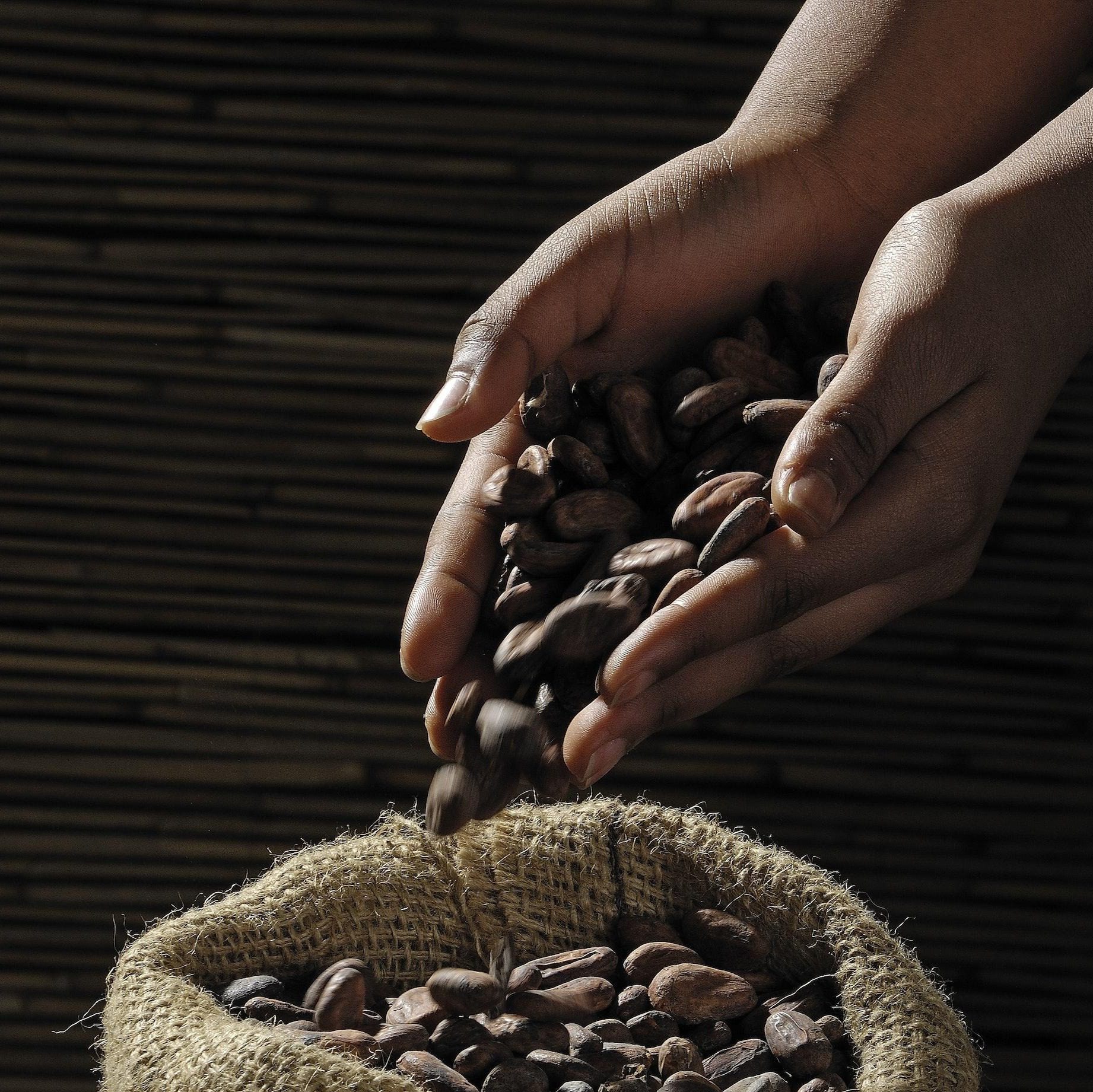LESS THAN 2MBPD OIL PRODUCTION WORRISOME – TINUBU’S AIDE
The Federal Government has expressed worries that crude oil production gas stagnated below two million barrels per day despite the potential to easily double the figure. The Special Adviser to the President on Energy, Olu Verheijen, made this disclosure on Monday during the 2024 OTL Energy Week in Lagos. Verheijen, who was represented by an aide, Eriye Onagoruwa, maintained that Nigeria’s current output and investment levels did not reflect its true capacity. According to her, Nigeria’s significant oil and gas reserves have suffered from under-investment over the years. “Nigeria and Africa have significant reserves of energy and renewables. But of course, potential and reality are different things. Nigeria boasts an impressive history of over 80 years in oil and gas production, yet our current output and investment levels do not reflect our true or actual capacity. “We have stagnated below two million barrels per day of oil production for many years now, despite the potential to easily double that figure. Also, in spite of our holding 38 per cent of Africa’s hydrocarbon reserves, we have been able to capture just four per cent of oil and gas investment in Africa since 2016. “The downstream segment has not been immune to these challenges facing the industry. Over the years, it has equally suffered from limited investments, with the added complication of significant fiscal burdens, especially from a long history of petroleum product subsidies,” Verheijen emphasised. She noted that in recognition of these historical challenges in the petroleum sector, President Bola Tinubu’s administration set out with a bold reform programme to address the critical issues and reposition Nigeria as a more desirable global investment destination for energy projects. The efforts, she said, culminated in a more transparent regulatory environment.

FX TURNOVER TUMBLES BY 71% AS NAIRA WEAKENS FURTHER
The naira fell on Monday at both the official and black markets to 1670.75/$ and 1748/$, respectively, as the daily foreign exchange turnover in the official market dropped by 71 per cent to $81.17m.This comes amid projections that the rates would hold steady within a close range across different market segments, driven by the Central Bank of Nigeria’s increased focus on strategic FX interventions. A Bureau de Change operator, Muazu Yakubu, at the local airport in Lagos, told The Punch that the naira was sold for 1,748/$ and bought for 1,742/$. Another operator, Mallam Faruq, on Lagos Island said the local currency exchanged at 1,746/$ for sell and 1,740/$ to buy. On the Nigerian Autonomous Foreign Exchange Market domiciled on the FMDQ Exchange, the naira depreciated to 1,670.65/$ on Monday from 1,600/$ on Friday, with a turnover worth $ 284.93m. At the close of the trading session on Monday, the naira on the official market traded at a high of 1,677/$ to the American greenback and a low of 1,585.67/$. Last week, at the parallel market segment, the naira shed three basis points week-on-week against the USD to settle at 1,740.00/$. Conversely, at the NAFEM window, the local currency strengthened by four basis points week-on-week against the greenback to exchange at 1,600/$. Meanwhile, the Central Bank of Nigeria has signed an agreement with the International Finance Corporation to expand local currency financing for Nigerian businesses and cut foreign exchange risks, CBN and IFC said in a joint statement on Monday. The IFC, a World Bank Group member, aimed to significantly scale up its financing in Nigeria, targeting over $1bn in the coming years, the statement said.

FCCPC TO SANCTION BANKS FOR ONLINE SERVICE DISRUPTIONS
The Federal Competition and Consumer Protection Commission has issued a stern warning to banks in Nigeria regarding ongoing disruptions to online banking services that have impacted consumers. The commission expressed concerns that these disruptions hinder customers from accessing funds, making payments, and completing essential transactions. In a statement released on Tuesday, FCCPC Executive Vice Chairman and Chief Executive Officer Mr Tunji Bello emphasised that “these disruptions have negatively impacted millions and have serious implications for individuals and businesses alike.”The commission highlighted that under the Federal Competition and Consumer Protection Act of 2018, customers have rights that ensure fair and accountable service delivery, including the right to quality service. Bello added that the commission is currently collaborating with relevant regulatory authorities and financial institutions to address the service disruptions and ensure consumer protections are enforced. “The FCCPC is actively working with relevant regulatory authorities, financial institutions, and stakeholders to address these disruptions and ensure the protection of customers. The commission will pursue all necessary actions to uphold the protections of the FCCPA,” Bello assured. The FCCPC noted that when banks fail to maintain access to essential services, they may breach these standards, potentially leading to “significant financial hardship, loss of trust in the banking system, and damage to the overall economy.” Bello stated that as Nigeria’s economy shifts towards a cashless system, interruptions to online banking are becoming more than mere inconveniences; they are perceived as violations of consumer rights. The commission further stressed that service providers are obligated to be transparent and communicate effectively during service disruptions.
WORLD BANK INVESTMENTS IN AFRICA HIT $38BN –REPORT
The World Bank Group announced that its investments in Africa have reached $38 billion in 2024, contributing to a global commitment of $117.5bn. It noted that the allocation was part of its continued efforts to support Africa’s development across multiple fronts, including poverty reduction, climate resilience, and economic growth. This was disclosed in the bank’s 2024 Annual Report released recently, which detailed accomplishments up to December 31, 2023, with further updates expected at the ongoing 2024 IMF-World Bank Group Annual Meetings. According to the bank, the funding is being provided through a mix of loans, grants, equity investments, and guarantees, extended to partner countries and private businesses across the continent. The report obtained by The PUNCH indicated that Africa received the largest share of the total global fund, with $38bn directed toward infrastructure, health, and economic reforms. Europe and Central Asia received $24.7bn, while Latin America and the Caribbean were allocated $19.4bn, each targeting economic recovery, social protection, and environmental sustainability. East Asia and the Pacific received $12.5bn to support growth and climate adaptation efforts. In South Asia, $15.9bn was directed toward poverty reduction and economic stability initiatives, while the Middle East and North Africa received $6.5bn for recovery efforts amid ongoing conflicts and economic challenges.

CURRENCY OUTSIDE BANKS N4TN – CBN
Currency outside banks surged by 66.2 per cent in September 2024, reaching N4.02tn compared to N2.42tn in September 2023, a notable rise of N1.60tn in just one year. This is according to the Money and Credit Statistics data of the Central Bank of Nigeria. On a month-on-month basis, currency outside banks grew by 3.8 per cent in September 2024 from August’s figure of N3.87tn, translating to an increase of N147.9bn. The trend suggests a growing inclination among the public to retain cash outside formal banking channels, a shift that could impact banks’ liquidity and shape monetary policy dynamics. The CBN data further shows that a considerable proportion of Nigeria’s currency is held outside the banking system. In September 2024, approximately 93.1 per cent of currency in circulation was outside banks, a rise from 87.5 per cent recorded in September 2023. This shift may reflect limited trust in banking services, inflationary pressures, or a structural dependence on cash in Nigeria’s largely informal economy. Such a high percentage of currency outside banks poses potential challenges for channelling funds into productive investments, potentially hindering economic growth. The CBN report also highlights a parallel rise in overall currency in circulation, which encompasses both bank-held and outside cash.
- CAPITALDIGEST MARKET REVIEW, 09/02/2026February 9, 2026
- CAPITALDIGEST DAILYNEWS, 09/02/2026February 9, 2026
- CAPITALDIGEST MARKET REVIEW, 02/02/2026February 2, 2026
Enter your email address for receiving valuable newsletters.
- CAPITALDIGEST MARKET REVIEW, 09/02/2026U.S. DOLLAR REBOUND TO BE CUT SHORT BY RATE CUT BETS, DOUBTS OVER FED INDEPENDENCE:...February 9, 2026
- CAPITALDIGEST DAILYNEWS, 09/02/2026TAXES, FUEL HIKE SLOW BUSINESS GROWTH IN JANUARY – NESG REPORT The report showed that...February 9, 2026
- CAPITALDIGEST MARKET REVIEW, 02/02/2026DOLLAR WEAKENS ACROSS THE BOARD AS YEN CLIMBS ON INTERVENTION RISK The dollar moved sharply...February 2, 2026












